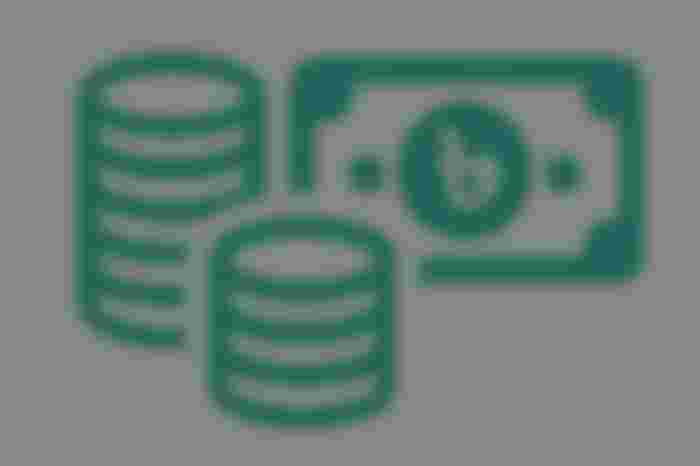We are all more or less interested in the national budget and have different views on the budget. As many of us usually think when we hear 'budget deficit', the decline of the country is understood. Where will so much money come from? Or why the deficit budget every year? Why budget income and expenditure are not equal in each financial year? The question also arises as to whether the budget deficit is really conducive to the economy. Let's think from the beginning.

What is the budget?
A budget is a calculation of a country's potential income and expenditure for the next one year. Individuals, especially budgets, are income dependent. That is, in the personal budget we usually determine the area of expenditure according to income. But the national budget is an exception. In the national budget, the government basically sets the spending area and targets first and then determines how that amount of revenue will come. However, such conditions are more prevalent in developing countries.
Naturally, there is no reason to think that an economy will move forward according to a very precise plan. This is because it is not uncommon for unforeseen circumstances, such as disasters, to result in income-expenditure imbalances at the end of the year. There are usually three types of budgets based on these adjustments or inconsistencies.
1. Surplus budget
If the total estimated revenue of a budget for a financial year exceeds the total estimated expenditure, it is called surplus budget. Generally developed countries are considered worthy of this budget, whose per capita income is good and employment is adequate. Because, due to surplus budget, employment may decrease. In some cases, surplus budgets are pursued to reduce overall demand in the event of inflation. Note that inflation is when the price of goods goes up in a country.

That is, when you have to spend more money to buy the same amount of goods somewhere, or you have to buy the same amount of goods with less money than before, it is inflation. One of the reasons for inflation is the increase in the amount of cash in a country. This budget is basically an attempt to control the excess amount of money. Excessive government spending is also responsible for inflation. The surplus budget plays a role in controlling inflation by reducing these additional expenditures.
2. Balanced budget
A budget that balances the government's estimated revenue and expenditure is called a balanced budget. According to some economists, in practice, it is very difficult for the government to maintain such a balance between estimated revenue and estimated expenditure. The advantage of this budget is that it reduces the extra waste of government. But one of the most important difficulties is that it creates problems in public welfare projects while balancing income and expenditure. This budget is not effective, especially during the economic downturn.
3. Deficit budget
The opposite of a surplus budget happens in a deficit budget. That is, if the expenditure is more than the income, it is termed as deficit budget. Following this budget plays an effective role in the event of a currency contraction. Because such a budget helps to increase the overall demand of a country and the most important aspect of this budget is that it helps to increase employment. As a result, the unemployment problem is alleviated to some extent. The main purpose of the deficit budget is to get money into the hands of the people through various development projects, which work to solve the problem of currency contraction. According to the rules of the International Monetary Fund, the budget deficit is considered to be within five percent of GDP.
Moreover, budget deficits are naturally higher during disasters. A tolerable deficit budget for any country strengthens the economy in the long run. The disadvantage of the budget deficit is that it is likely to reduce private investment. The reason for this is the government's high borrowing from banks. However, if you are burdened with increasing debt, it will not bring benefits naturally. It can even increase inflation. However, economists believe that if the annual budget deficit is higher than the percentage of GDP, the ADP, that is, the annual development activities, that budget is conducive to the economy.

Now let's talk about filling the gap. There are two sources of budget deficit - domestic and foreign. Foreign source refers to loans given by different countries or the World Bank. The advantage of foreign loans is that there is more time to repay. However, if you increase the time without repaying the loan, the liability increases. On the other hand, the internal sources are savings certificates and banking system. In Bangladesh, borrowing from the savings sector is less, as it raises interest rates and puts pressure on revenue expenditure. In the banking sector, this interest rate is relatively low and this sector is given importance in taking loans. In this way, the government provides the additional expenditure mentioned in the budget.
Thanks to everyone for reading my article


